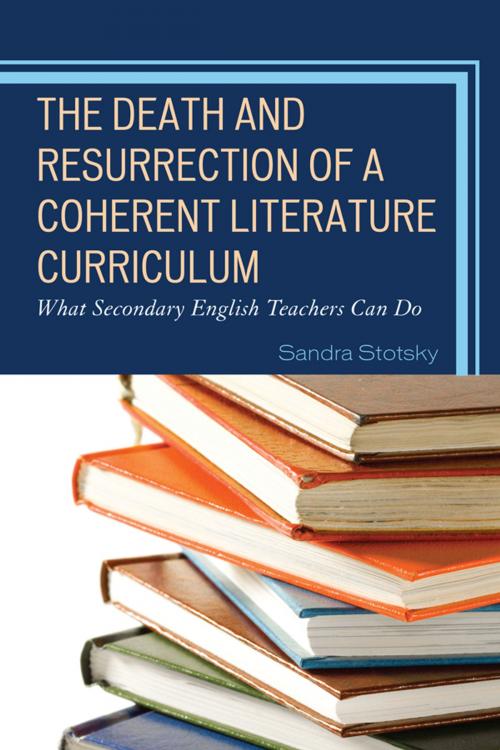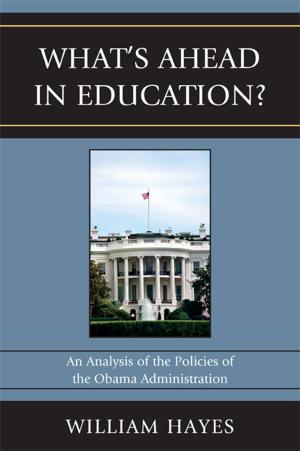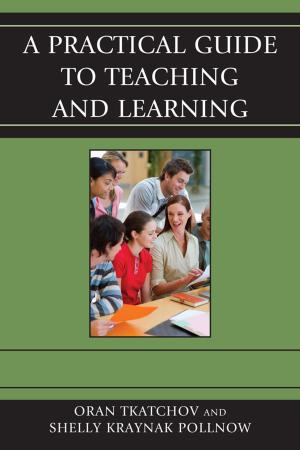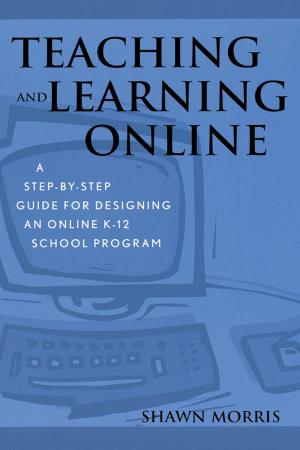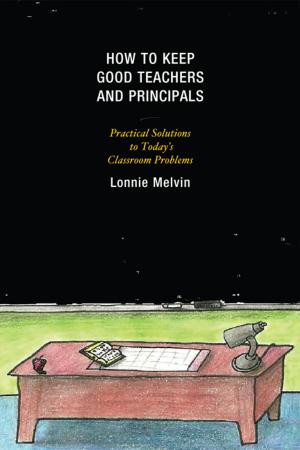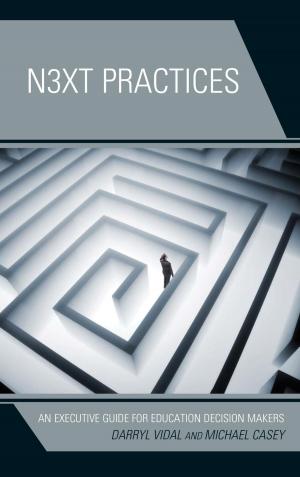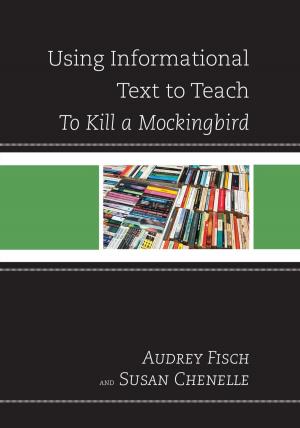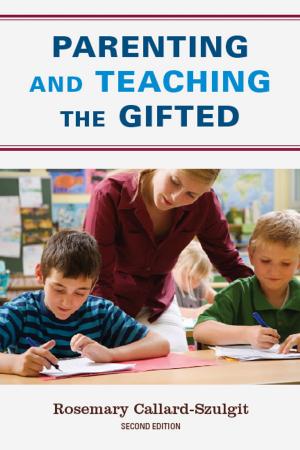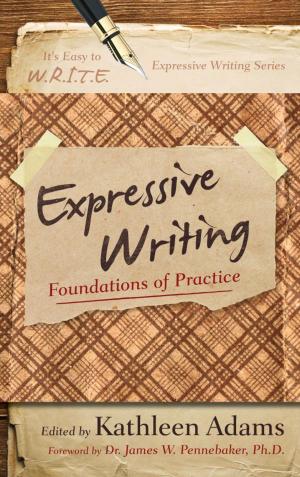The Death and Resurrection of a Coherent Literature Curriculum
What Secondary English Teachers Can Do
Nonfiction, Reference & Language, Education & Teaching, Educational Theory, Curricula, Aims & Objectives, Educational Reform| Author: | Sandra Stotsky | ISBN: | 9781610485593 |
| Publisher: | R&L Education | Publication: | June 16, 2012 |
| Imprint: | R&L Education | Language: | English |
| Author: | Sandra Stotsky |
| ISBN: | 9781610485593 |
| Publisher: | R&L Education |
| Publication: | June 16, 2012 |
| Imprint: | R&L Education |
| Language: | English |
This book is addressed to teachers who know that the secondary literature curriculum in our public schools is in shambles. Unless experienced and well-read English teachers can develop coherent and increasingly demanding literature curricula in their schools, average high school students will remain at about the fifth or sixth grade reading level--where they now are to judge from several independent sources. This book seeks to challenge education policy makers, test developers, and educators who discourage the assignment of appropriately difficult works to high school students and make construction of a coherent literature curriculum impossible. It first traces the history of the literature curriculum in our middle schools and high schools and shows how it has been diminished and distorted in the past half-century. It then offers examples of coherent literature curricula and spells out the cognitive principles upon which coherence is based. Finally, it suggests what English teachers in our public schools could do to develop a literature curriculum that gives all their students an adequate basis for participation in an English-speaking civic culture.
This book is addressed to teachers who know that the secondary literature curriculum in our public schools is in shambles. Unless experienced and well-read English teachers can develop coherent and increasingly demanding literature curricula in their schools, average high school students will remain at about the fifth or sixth grade reading level--where they now are to judge from several independent sources. This book seeks to challenge education policy makers, test developers, and educators who discourage the assignment of appropriately difficult works to high school students and make construction of a coherent literature curriculum impossible. It first traces the history of the literature curriculum in our middle schools and high schools and shows how it has been diminished and distorted in the past half-century. It then offers examples of coherent literature curricula and spells out the cognitive principles upon which coherence is based. Finally, it suggests what English teachers in our public schools could do to develop a literature curriculum that gives all their students an adequate basis for participation in an English-speaking civic culture.
